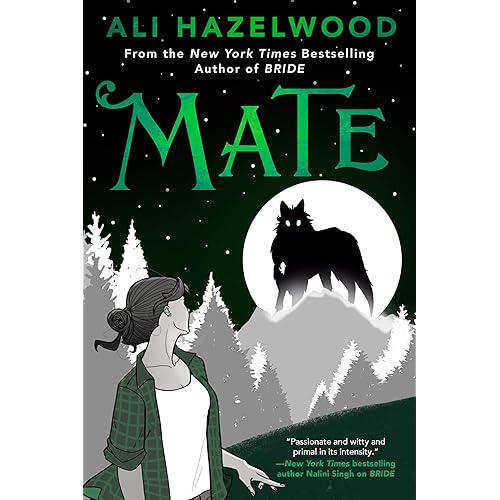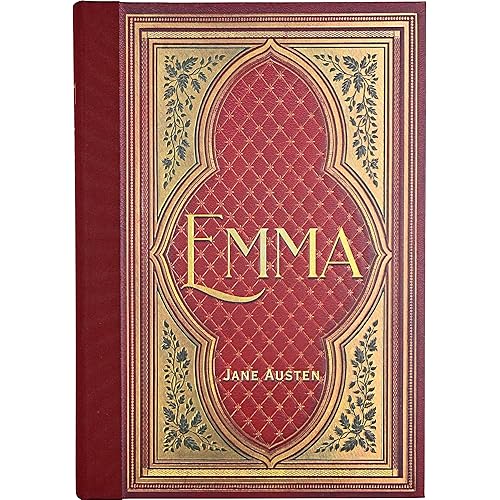

Buy Now, Pay Later
- – 4-month term
- – No impact on credit
- – Instant approval decision
- – Secure and straightforward checkout
Ready to go? Add this product to your cart and select a plan during checkout.
Payment plans are offered through our trusted finance partners Klarna, Affirm, Afterpay, Apple Pay, and PayTomorrow. No-credit-needed leasing options through Acima may also be available at checkout.
Learn more about financing & leasing here.
This item is eligible for return within 30 days of receipt
To qualify for a full refund, items must be returned in their original, unused condition. If an item is returned in a used, damaged, or materially different state, you may be granted a partial refund.
To initiate a return, please visit our Returns Center.
View our full returns policy here.
Description
Mark Twain moves from broad comedy to biting social satire in this literary classic. Cracked on the head by a crowbar in nineteenth-century Connecticut, Hank Morgan wakes to find himself in King Arthur’s England. After using his knoweldge of an upcoming solar eclipse to escape a death sentence, Hank must then navigate his way through a medieval world whose idyllic surface masks fear, injustice, and ignorance. Considered by H. L. Mencken to be “the most bitter critic of American platitude and delusion…that ever lived,” Twain enchants readers with a Camelot that strikes disturbingly contemporary notes in this acclaimed tour de force that encompasses both the pure joy of wild high jinks and deeply probing insights into the nature of man. With an Introduction by Leland Krauth And an Afterword by Edmund Reiss Read more
Publisher : Signet; 10.3.2004 edition (November 2, 2004)
Language : English
Mass Market Paperback : 384 pages
ISBN-10 : 0451529588
ISBN-13 : 89
Lexile measure : 1080L
Item Weight : 6.4 ounces
Dimensions : 4.18 x 0.96 x 6.75 inches
Best Sellers Rank: #67,434 in Books (See Top 100 in Books) #593 in Fiction Satire #2,055 in Classic Literature & Fiction #4,769 in Literary Fiction (Books)
#593 in Fiction Satire:
Frequently asked questions
To initiate a return, please visit our Returns Center.
View our full returns policy here.
- Klarna Financing
- Affirm Pay in 4
- Affirm Financing
- Afterpay Financing
- PayTomorrow Financing
- Financing through Apple Pay
Learn more about financing & leasing here.


















